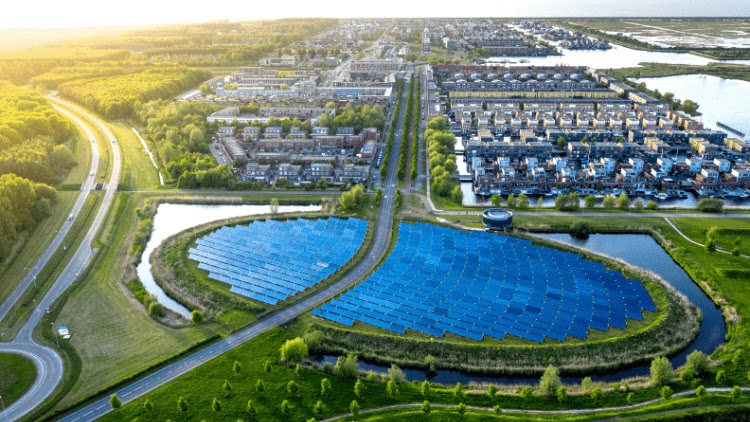The past year was tumultuous in many ways. While climate-related shocks became even more prevalent and severe, Russia’s invasion of Ukraine triggered a global energy crisis, which continues to affect millions of people’s lives and livelihoods. Following that shock, unprecedented heatwaves across Europe, Asia and north America and then devastating flooding in Pakistan highlighted the urgency of reducing our fossil-fuel dependency and reshaping our energy systems. Fortunately, other big developments in 2022 offered grounds for hope.
The passage in the United States of the Inflation Reduction Act—the largest emissions-reduction investment in the country’s history—is a landmark achievement. Historically, the US has been the world’s biggest carbon polluter and one of the biggest laggards in international fora. But the act should put it on a course to reduce its own emissions sharply, which will help drive down the prices of renewable energy around the world. Many emerging markets and developing countries will have a chance to leapfrog past coal-fired power plants.
Yes, fossil-fuel lobbyists are pushing governments in Africa and elsewhere to invest in natural gas in response to the energy crisis. Many newly planned projects would be ‘carbon bombs’, which would emit more than one billion tons of carbon dioxide over their lifetimes. But the climate movement has wasted no time in calling out these efforts and in denouncing the ‘dash for gas’ in Africa.














No comments:
Post a Comment